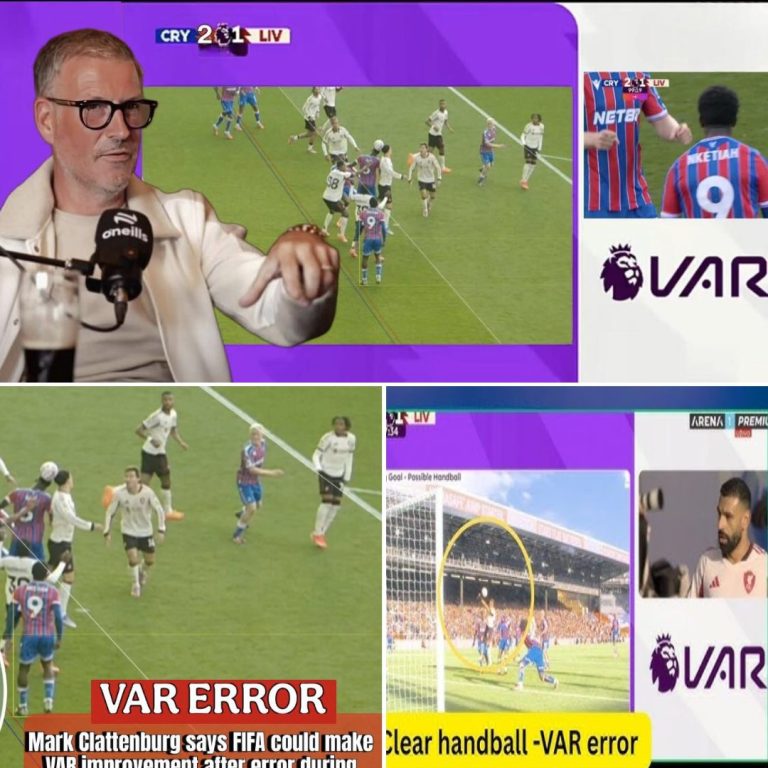
In a startling revelation, Nigerian mechanics are employing a primitive yet ingenious technique to unload broken cars from imported containers, a practice that has emerged as a lifeline in the booming automotive parts market. As thousands of vehicles flood into the country, the majority are not pristine imports but rather damaged wrecks, cleverly sourced from the U.S. at a fraction of the cost.
Upon arrival at bustling ports, these containers reveal their cargo—crashed cars that mechanics must expertly maneuver out using makeshift ramps, often crafted from scrap materials. This risky operation unfolds without proper safety gear, raising alarm over the hazardous conditions these workers face. Yet, their experience shines as they deftly lower vehicles, inflating tires and securing loose parts to prevent further damage.
The urgency of this process is underscored by the sheer volume of imports, with reports indicating that up to 70% of vehicles arriving in Nigeria are damaged. Mechanics are not only salvaging parts but also restoring these vehicles for resale, creating a thriving, albeit unconventional, automotive industry. This method of containerized shipping has become the preferred choice for transporting wrecked vehicles, allowing for safer and more efficient unloading compared to other methods.
As the demand for affordable auto parts continues to rise, this unconventional unloading technique highlights the resilience and resourcefulness of Nigerian mechanics. However, it also raises critical questions about safety standards and the implications of relying on damaged imports. With the automotive landscape rapidly evolving, the eyes of the nation are now on this burgeoning industry and the innovative minds driving it forward.





